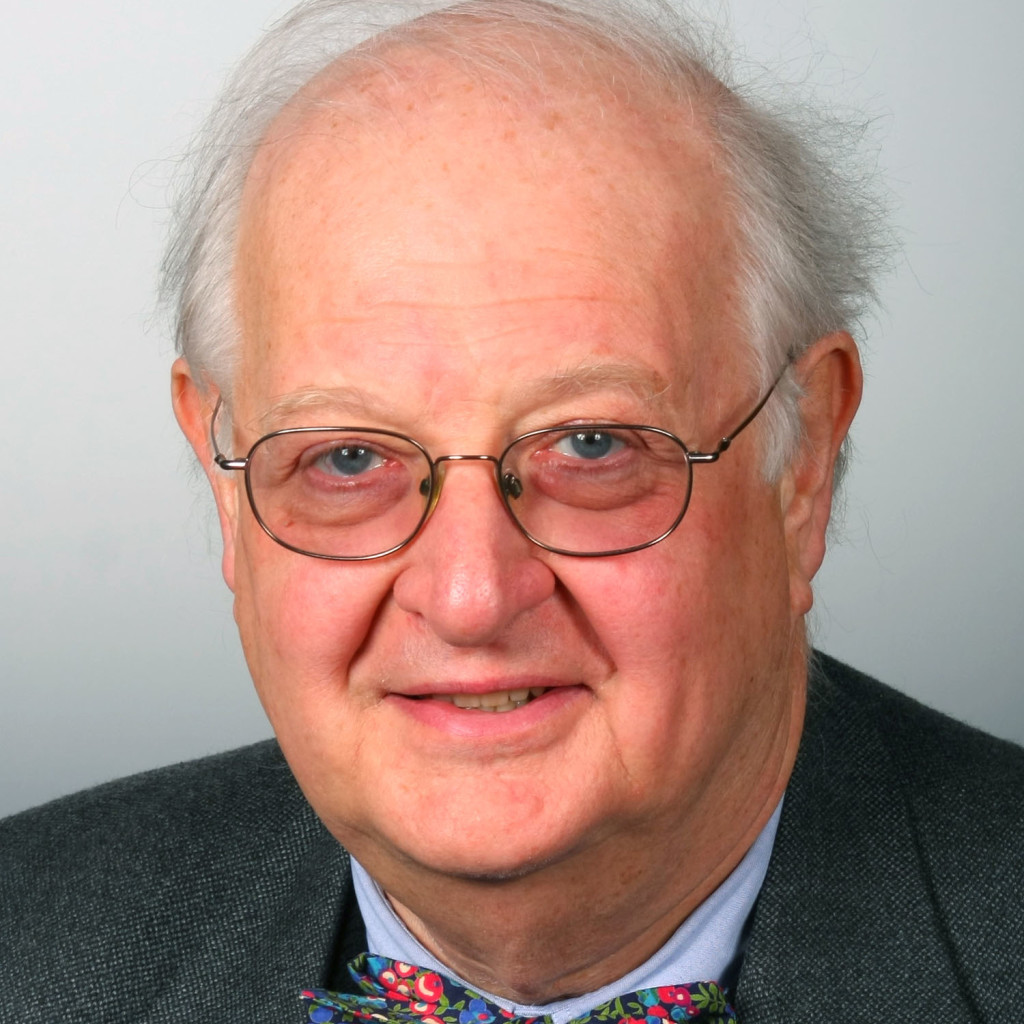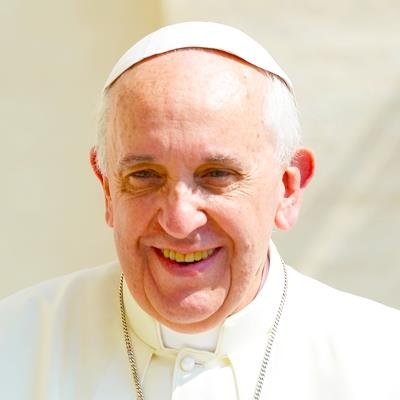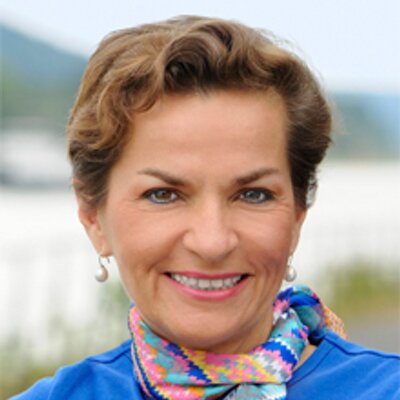By Susan Lutz
The link between a peaceful, thriving, global existence connects always, without exception, to the seeds of our consciousness when we make choices. At the onset, we sip a cup of coffee, knowing it’s fair trade or organic, or we turn our cup and look in the other direction. We drink bottled water and toss the empty into the recycle bin, content in the fact that we’ve done something good by recycling. Is that good enough? We’re beginning to recognize that consumerism has the potential to change lives, not destroy it. Here’s a few people to watch as we see a shift in consciousness from taking and consuming for ourselves, with little thought of how it affects only our short-term needs, to understanding every sip, every thought, that moves us forward in balance or tips the scales out of our favor.
Professor Angus Deaton – On October 12, 2015, he was awarded the Nobel Memorial Prize in Economic Science. The Royal Swedish Academy of Sciences announced that the Scottish born economist earned the prize for “his analysis of consumption, poverty, and welfare.” Deaton’s work has focused on how our individual, family choices figure into the bigger picture of economics. When we choose individually, we impact the bigger picture. We increase poverty, climate change, and health by not understanding that our decisions help or hurt farmers and production. Professor Dean is optimist about our future, yet he notes that we’ve got a lot of work left to do.
 Pope Francis I – With a voice perhaps long too quiet in the world of religion, Pope Francis is using his time in leadership to open dialogue and question the status quo. At an international Climate Change Conference, he said we should govern our ideas about the planet by “principles of a fair and integral ecology” – putting people as one of the integral factors of our decision-making practices and global choices. Earlier this year, Pope Francis issued a papal encyclical on the environment. The document, Laudato Si, subtitled, “On Care for Our Common Home,” appoints each individual on this planet as responsible for the health of our climate, our home. The Pope, consistent with current global warming theories on climate change, warns that we are accelerating the warming of the Earth’s surface, thus putting in jeopardy all living things, and the planet.
Pope Francis I – With a voice perhaps long too quiet in the world of religion, Pope Francis is using his time in leadership to open dialogue and question the status quo. At an international Climate Change Conference, he said we should govern our ideas about the planet by “principles of a fair and integral ecology” – putting people as one of the integral factors of our decision-making practices and global choices. Earlier this year, Pope Francis issued a papal encyclical on the environment. The document, Laudato Si, subtitled, “On Care for Our Common Home,” appoints each individual on this planet as responsible for the health of our climate, our home. The Pope, consistent with current global warming theories on climate change, warns that we are accelerating the warming of the Earth’s surface, thus putting in jeopardy all living things, and the planet.
 Christina Figueres – In July of 2010, she took the position of Executive Secretary of the United Nations Framework Convention on Climate Change. Poised to lead the next conference at the end of November 2015, Figueres sees no option in failure. The daughter of a former president of Costa Rica, she grew up watching how revolution founded a government that laid down its weapons and chose peace as it’s rule. With no army to fund, Costa Rica started establishing a strong middle class and a democracy, an anomaly for a tumultuous region burdened with high rates of poverty, corruption, and war. Figueres’s task entails getting countries that don’t agree on much to find another way to power our planet. With many men leading the way, it will most likely be women that take the helm and eventually get the job done.
Christina Figueres – In July of 2010, she took the position of Executive Secretary of the United Nations Framework Convention on Climate Change. Poised to lead the next conference at the end of November 2015, Figueres sees no option in failure. The daughter of a former president of Costa Rica, she grew up watching how revolution founded a government that laid down its weapons and chose peace as it’s rule. With no army to fund, Costa Rica started establishing a strong middle class and a democracy, an anomaly for a tumultuous region burdened with high rates of poverty, corruption, and war. Figueres’s task entails getting countries that don’t agree on much to find another way to power our planet. With many men leading the way, it will most likely be women that take the helm and eventually get the job done.

